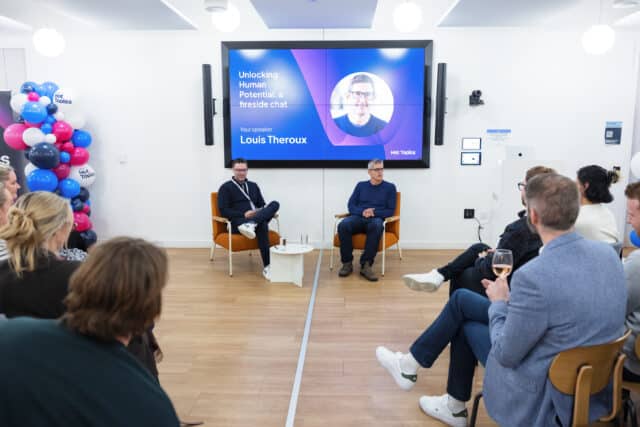
There’s no hiding from the fact that many UK businesses are juggling a trifecta of challenges. There’s economic uncertainty hanging over every sector, significant regulatory changes are heaping pressure on HR teams, and the ever-persistent skills gap shows little sign of shrinking any time soon.
With these pressures taking centre stage, building inclusivity into your contingent staffing strategy may not be high on the agenda, but it should be. That’s because inclusivity can unlock access to additional skills, broaden your talent pool and bring fresh perspectives to the table.
Why does inclusivity in contingent staffing matter?
It’s pretty much a given that your business will have a robust Diversity, Equity, and Inclusion (DEI) policy for its permanent staff members. However, there’s also the distinct possibility that those same policies aren’t extended to your contingent workforce. And as that contingent workforce continues to grow in size and knowledge, this oversight could become a real missed opportunity.
Contingent roles often serve as entry points for underrepresented groups, including neurodiverse talent, disabled individuals, professionals seeking flexibility, parents returning to work, or those from diverse ethnic backgrounds. Building inclusivity into your contingent staffing opens the door to that talent pool, and all the value, skills, perspectives it offers.
Nurture innovation and performance
Diversity isn’t just good for optics. It’s good for business, too. Numerous studies have shown that diverse teams outperform their peers in creativity, decision-making, and financial performance. When contingent workers are hired inclusively, they bring fresh ideas, experiences, and the cognitive diversity that can spark innovation and drive improved results.
Sharpen your competitive edge
There’s no doubt that organisations that lead on inclusivity in contingent staffing will have first access to a richer, more adaptable talent pool. They’ll be better placed to innovate, have access to diverse skills, and benefit from new perspectives. Those businesses will also be much better positioned to attract an increasingly diverse consumer base.
Brands that reflect a diverse range of ethnicities, ages, abilities, and genders are much more likely to effectively connect with consumers. Research confirms that 57% of consumers are more loyal to brands that commit to addressing social inequities in their actions – such as through their hiring practices.
Practical steps for HR leaders
Standard job descriptions often filter out valuable candidates who don’t fit a traditional mould. Although not intentionally exclusionary, something as simple as requiring a formal qualification rather than a core skill can quickly rule out otherwise capable candidates. Inclusive contingent staffing, by contrast, intentionally removes these barriers.
To build inclusivity into your contingent staffing approach, try these strategies:
- Audit your current practices: Are your job adverts inclusive in language? Do your onboarding processes make contingent workers feel welcome?
- Partner with diverse suppliers: Build relationships with vendors and partners that understand inclusive recruitment and can provide the tools needed to build inclusivity into your contingent workforce management.
- Devise equitable onboarding and support plans: Temporary workers should have access to the same inclusion training, employee resource groups, and support systems as full-time staff. A sense of belonging drives better performance — regardless of contract type.
- Champion inclusive culture: Leaders and line managers should be trained on unconscious bias and inclusive leadership to ensure contingent workers are integrated, valued, and empowered.
- Measure and evolve: Track who you’re hiring, how long they stay, and how they contribute to your growth. Use your reporting and analytics data to refine your approach and close any inclusivity gaps.
Final thoughts
Inclusivity in contingent staffing is essential as a catalyst for building workforce diversity, driving performance, and marking you out as a modern, socially conscious employer. Workers who feel seen, heard, and valued are more engaged, more efficient and more likely to power your business closer to its goals.
Subscribe to our newsletter
Stay ahead of employment updates and workforce management tips. Subscribe to our newsletter for expert insights straight to your inbox.








